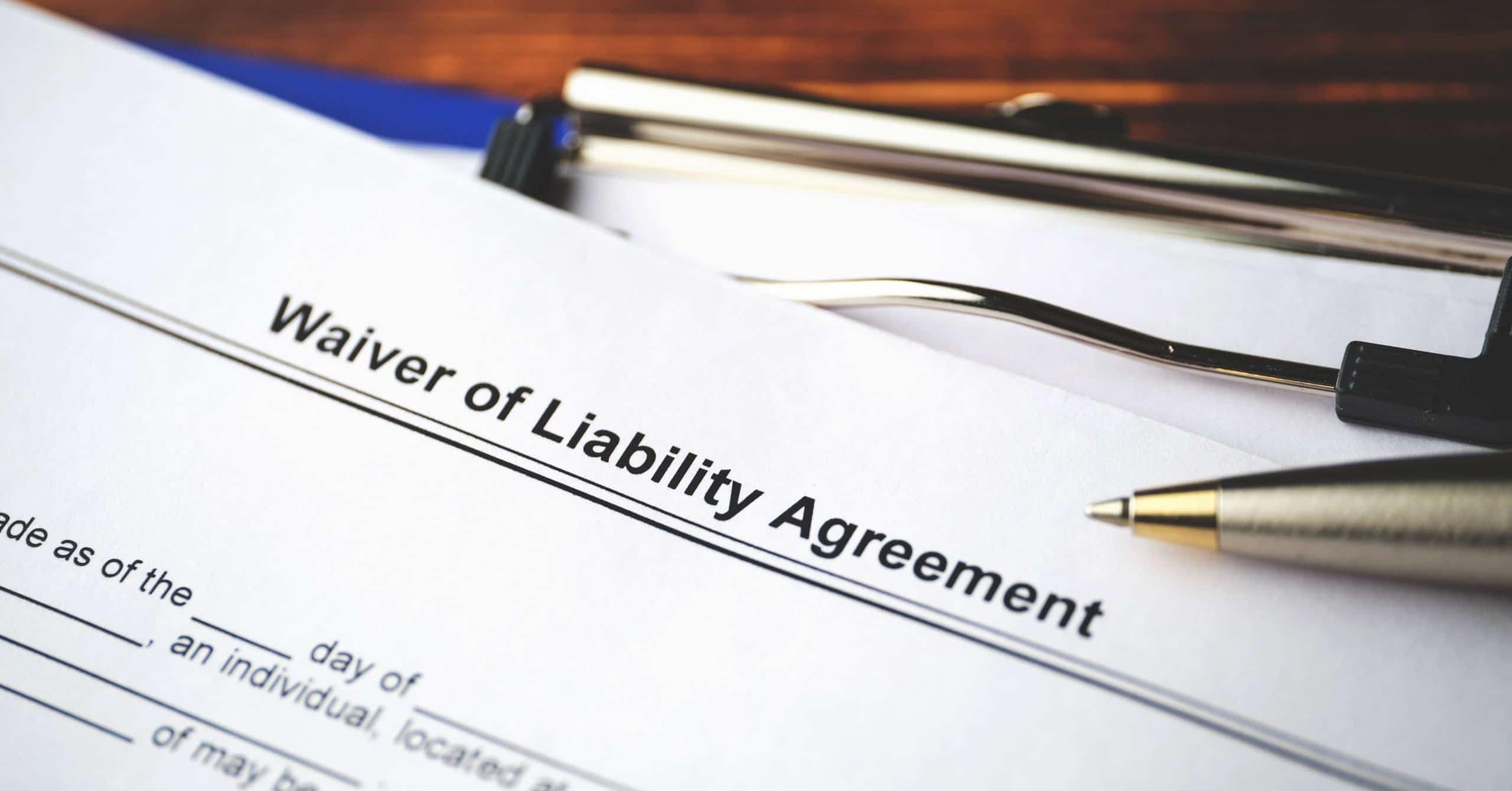Liability waivers are common in activities involving potential risks, such as sports and recreational events. Participants often sign these waivers, acknowledging the inherent dangers associated with the activity. However, these waivers are not absolute shields from legal action.
Enforceability depends on specific standards and limitations, with exceptions that may provide participants a path to seek compensation if the waiver’s criteria are unmet or if exceptional circumstances apply. This article delves into the intricacies of liability waivers, shedding light on what individuals should understand about their enforceability.
-
Knowledge of Risks
Understanding the foreseeable risks associated with a liability waiver is crucial before signing. When participants sign such waivers, they acknowledge the known dangers of the activity. If an injury occurs due to a risk not explicitly stated or appreciated by the participant, it can raise questions about the waiver’s enforceability. In cases where participants knew and appreciated the specific risk, the doctrine of primary assumption of risk may apply.
The vital role of an experienced personal injury lawyer to help leverage this knowledge advantage, especially for athletes and sports enthusiasts, becomes paramount. Navigating these complexities of liability waivers from a point of knowledge can significantly impact your chances of a successful claim.
Your lawyer will help you decipher the blueprint to distinguish foreseeable from unforeseeable risks. The understanding is pivotal in determining your position and the likelihood of receiving compensation based on these distinctions.
-
Voluntary Participation
Voluntary participation is a fundamental requirement for individuals engaging in activities that necessitate signing a liability waiver. The prerequisite is essential to safeguard the rights and interests of participants vulnerable to coercion, duress, undue influence, or minors.
Personal injury lawyers commit to uncovering any signs of non-voluntary participation and taking appropriate action to protect the injured party’s rights in case of an injury despite the signed liability waiver.
That way, participants who may not fully understand the nature and consequences of the waiver, are under duress or are ineligible due to age can still have a legitimate claim for compensation in case of injuries that arise from their participation in the activity. The plaintiff should knowingly and willingly sign the waiver, acknowledging that they relinquish certain legal rights; otherwise, the liability waiver may not be enforceable.
-
The Waiver Must Be in Clear Language and Devoid of Ambiguity
The clarity and absence of ambiguity in liability waivers are paramount for participants to understand what they agree to before they sign them when engaging in activities deemed to have inherent risks. These waivers protect organizers or entities from legal responsibility in case of accidents or injuries. Thus, ensuring clear language and eliminating ambiguity is vital because vague terms can undermine the waiver’s intent.
A skilled attorney can scrutinize the document for any unclear language or hidden complexities that might grant undue advantages to organizers, potentially infringing upon participants’ legal rights to claim compensation in case of an injury. Liability waivers should be transparent, allowing participants to fully comprehend the terms and associated risks of the activity or event.
-
Public Policy Considerations are Vital
Public policy considerations can significantly impact the enforceability of a liability waiver. While these waivers intend to protect organizers, public policy may sometimes intervene. In cases where enforcing a liability waiver would undermine public safety, well-being, or rights, courts may rule against it.
The courts may prioritize public interest over contractual agreements when they conflict. Therefore, it’s crucial to understand that not all waivers are ironclad. An experienced attorney can argue based on prevailing public policy principles to sway the decision on whether upholding a liability waiver is fair.
For example, in cases involving gross negligence or intentional harm, where public safety and well-being are paramount, the lawyer may argue that upholding the waiver goes against public policy. That highlights the importance of having a knowledgeable attorney to navigate the intricacies of liability waivers and protect your interests.
Challenge Liability Waiver Enforceability with Legal Expertise in Case of an Injury
Understanding the nuances of liability waiver enforceability is crucial, as it protects the interests of organizations and establishments at the potential expense of participants’ rights in the event of an injury. A reliable personal injury lawyer will investigate whether the waiver applies to your injury case, ensuring you don’t forfeit your rights even after signing the liability waiver. With a skilled lawyer, you can navigate the legal complexities and pursue the compensation you deserve.

